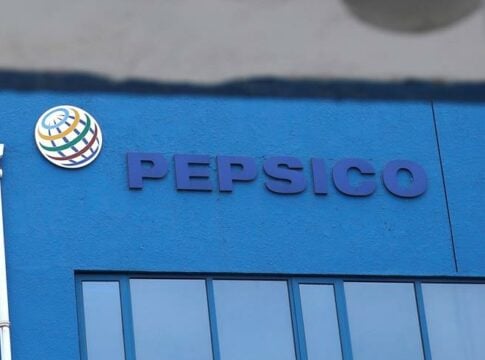Moody’s forecasts for Greek systemic banks are cautiously optimistic, in terms of their assets, capital position, and interest income.
Asset quality
Moody’s analysts see continued improvement in the asset quality of the four systemic banks in the first half of 2025 with NPE rates approaching the European average (2.2%). However, the rating agency estimated that further reductions in non-performing exposures (NPEs) through divestments will be limited due to the recent inclusion of Attica Bank, now CrediaBank, in Hercules 3.
At the same time, outstanding issues related to Swiss franc (CHF) mortgages and loan step-up programs are being gradually resolved, often with some level of haircut, although the overall impact on asset quality is expected to be minimal, the agency estimated, while the improvement in macroeconomic conditions in Greece also seems to be supporting.
Capital position
The average Common Equity Tier 1 (CET1) ratio has increased by over 200 basis points since 2022, reaching around 16% at the end of June 2025, while in March 2025, the average CET1 ratio for large European banks stood at 16.1%, suggesting that Greek banks have largely closed the gap with their European peers.
However, the overall quality of capital and tangible common equity of Greek banks is affected by the significant volume of deferred tax assets (DTAs) that can be converted into deferred tax credits (DTCs).
However, the rating agency estimated that the capital quality of Greek banks will improve faster in the future than previously expected, following the regulator’s approval earlier this year to accelerate the amortization of deferred tax credits (DTCs).
2025–2026
For the period 2025–2026, Moody’s expects Greek banks’ net interest margins (NIM) to face a moderate pressure, mainly due to further ECB interest rate cuts. However, profits will remain stable, supported by continued growth in corporate loans – thanks to the Recovery Fund – and rising demand for mortgage loans.















